Concrete is the most widely used building material globally, playing a critical role in modern infrastructure but also contributing significantly to carbon emissions due to Portland cement production. As the industry shifts to meet global climate targets, the Emphasis in Concrete provides the expertise to tackle both the technical and environmental challenges associated with this essential material. This emphasis covers advanced concrete technologies, sustainable mix designs, and innovative strategies to reduce the carbon footprint of concrete production. You will gain skills in assessing, rehabilitating, and enhancing the durability of infrastructure using state-of-the-art methods and technologies, including advanced monitoring systems and data analytics. Whether your interest lies in developing lower-carbon materials, extending structural longevity, or implementing cost-effective durability control strategies, this program equips you with the knowledge to make impactful contributions to sustainable concrete engineering. Through a blend of in-class instruction, practical case studies, and experiential learning opportunities like seminars and field trips, you'll be well-prepared to advance in the field of sustainable infrastructure.
Meet your Instructors
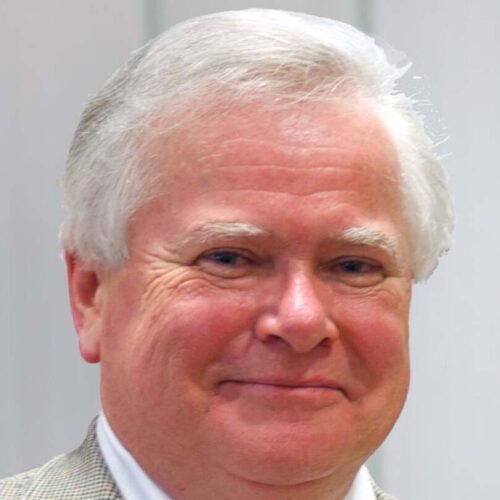
R. Douglas Hooton
Professor Emeritus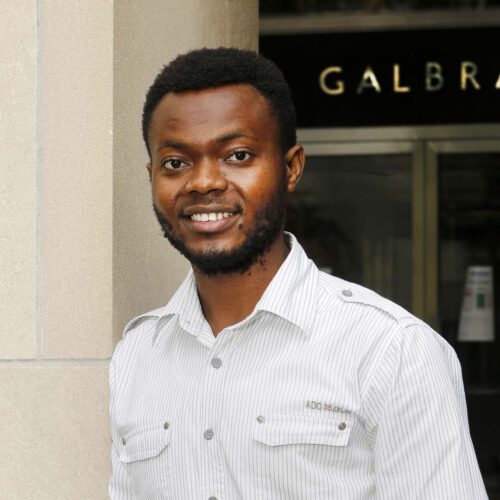
Ibrahim Ogunsanya
Assistant ProfessorConcrete Structures: Durability and sustainability of materials and reinforced structures; electrochemistry and corrosion

Daman Panesar
ProfessorConcrete Materials: Sustainability and durability of cement-based materials and structures
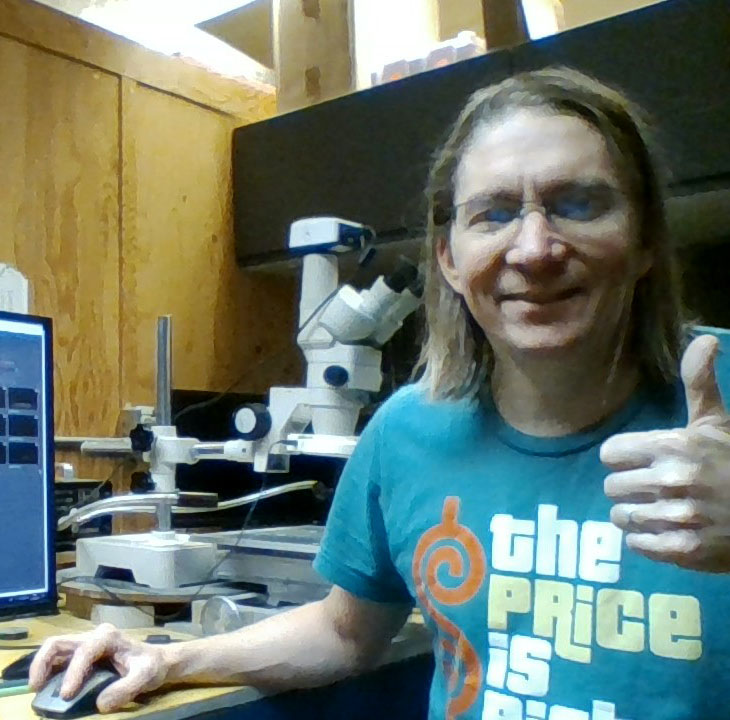
Karl Peterson
Associate ProfessorConcrete Materials: Microstructural analysis of concrete and other building materials

Prof. Jeffrey Packer
Meet your Coordinator
As your MEng Coordinator for the Concrete Emphasis, please connect with me for counselling, mentorship or tutoring at any time. I am a long-serving professor in the Department, have taught at every level in the academic program (from 1st Year to Graduate), and my personal research, predominantly in steel structures, has always been practice-oriented.
Requirements
The Emphasis in Concrete is an optional component of the Master of Engineering (MEng) in Civil & Mineral Engineering
To complete the emphasis you must complete 4 courses (2.0 FCE) from the list of courses.
- Other courses may be considered but would require approval from the Emphasis Coordinator
- With approval, one or two courses may be replaced by an MEng Project: CIV1001H (0.5 FCE) or CIV1002Y (1.0 FCE)
Featured Courses
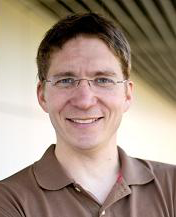
CIV514H - Concrete Technology
Instructor: Karl Peterson
Concrete is the backbone of modern infrastructure, and understanding its material properties is crucial for any engineer. CIV514H offers a practical introduction to concrete technology, focusing on the entire lifecycle of concrete production—from selecting materials and proportioning mixtures to transporting, placing, and curing. The course emphasizes durability, exploring the use of admixtures, the impact of environmental factors, and the best practices for consolidation and testing. Students will engage in hands-on exercises and real-world scenarios to understand the complexities of concrete behaviour under different conditions. This course also delves into innovative approaches to sustainable concrete practices, preparing students to contribute to greener engineering solutions.
CIV1201H - Concrete Technology and Non-Destructive Testing Principles
Instructor: Daman Panesar
CIV1201H dives into the cutting-edge techniques of non-destructive testing (NDT) to evaluate the integrity of steel-reinforced concrete structures. This course covers a range of NDT methods, such as surface hardness, ultrasonic pulse velocity (UPV), and infrared thermography, providing insights into their principles, applications, and limitations. Students will also explore the critical role of statistical analysis in testing and how to apply these methods to ensure reliable and accurate assessments. Practical case studies and hands-on experience with NDT equipment allow students to directly apply their learning to real-world challenges. Additionally, the course covers emerging trends in NDT technology and their impact on infrastructure safety and maintenance strategies.

Sample Projects
MEng students have the option of tackling real-world engineering challenges and applying their coursework knowledge by engaging in a project under the guidance of a CivMin professor. A project offers the invaluable opportunity to collaborate with experts and develop innovative solutions, enhancing a student's technical competence and preparing them for the complexities of future engineering careers. Additionally, the project can serve as a cornerstone for building a professional portfolio and showcasing capabilities to potential employers.
A CivMin MEng project is a dynamic experiential learning opportunity providing hands-on experience that can significantly boost employability and confidence as students transition into the engineering workforce. For more details, please refer to the MEng program requirements.
Explore examples of past and potential future projects below, and envision how an MEng project could be a transformative experience in your engineering education and career. Current opportunities can be found on the MEng Project Opportunities page.
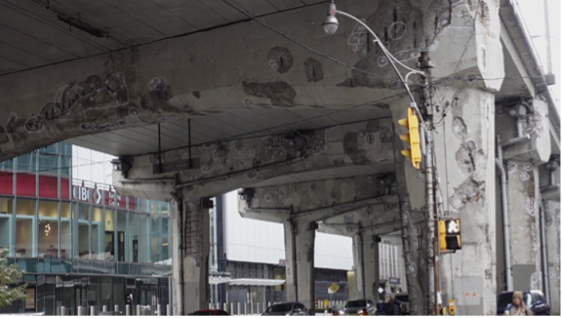
Corrosion Control
Supervisor: Ibrahim Ogunsanya
The goal of net-zero and carbon neutrality has meant that fossil fuels are to be replaced with non-carbon fuels. An initial step is to incrementally blend hydrogen with natural gas, instead of making an abrupt change from the current use of natural gas energy to pure hydrogen systems. This will minimize disruption in the distribution of energy to the public. The oil and gas industry will, however, encounter different corrosion-related problems. Prof. Ogunsanya has a current research project dealing with hydrogen blending in steel pipelines and has, in the past, worked with a student interning with TC Energy on investigating hydrogen embrittlement of line-pipe steel. Projects on corrosion control and material performance (with the nuclear energy sector), and the application of galvanic anodes to prolong the service life of reinforced concrete structures, are available for MEng students.

Environmental Impacts of End-of-Life Concrete Materials and Structures
Supervisor: Daman Panesar
Prof. Panesar is working with an MEng student to understand the emissions and uptakes associated with end-of-life concrete. World-wide, on the one hand structures are reaching the end of their life and require decommissioning; on the other hand, new energy-related structures are being designed and constructed. This study will provide an understanding of the scope, processes, complexities and environmental impacts associated with material recycling, carbon uptake and decommissioning procedures.

Cementitious Blends with GUL on the Durability of Transportation Infrastructure
Supervisor: Daman Panesar
This project will explore how innovative cementitious blends can improve the durability of transportation infrastructure. Under Prof. Panesar's supervision, MEng students will investigate the freeze-thaw resistance and deicer scaling of GUL concrete mixed with varying amounts of GGBFS. The study will also examine how different curing methods impact performance. This research will help students understand how to balance early-age benefits with long-term durability, contributing to the development of more sustainable concrete solutions for Ontario's infrastructure.
Career Outlook
A CivMin MEng from the #1 Civil Engineering program in Canada can open up a world of opportunities and supercharge your career. The University of Toronto is ranked #12 globally for graduate employability by Times Higher Education, and our alumni have secured exciting roles at a wide variety of top companies including Hatch, WSP, Aecon, Kiewit and Metrolinx.
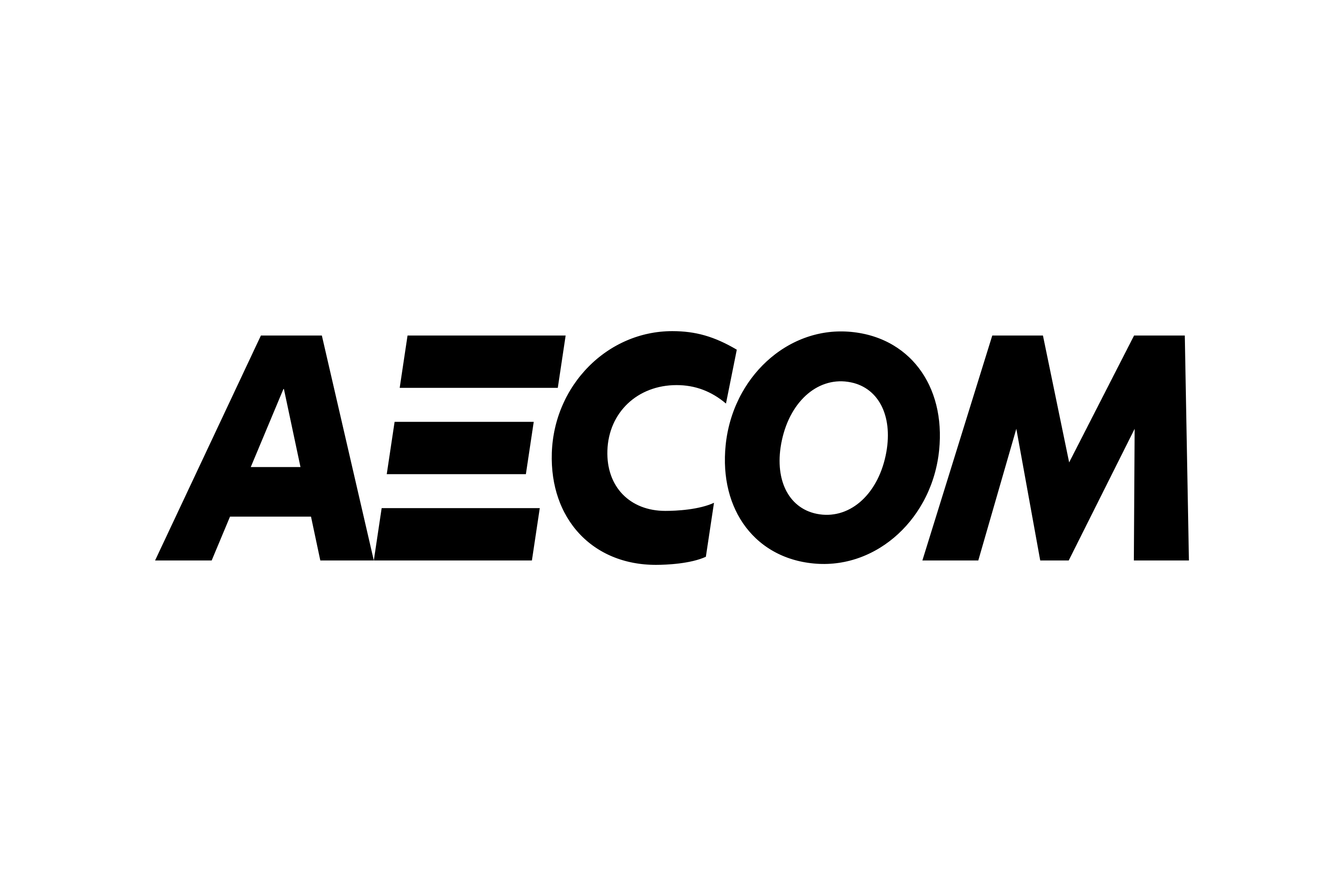

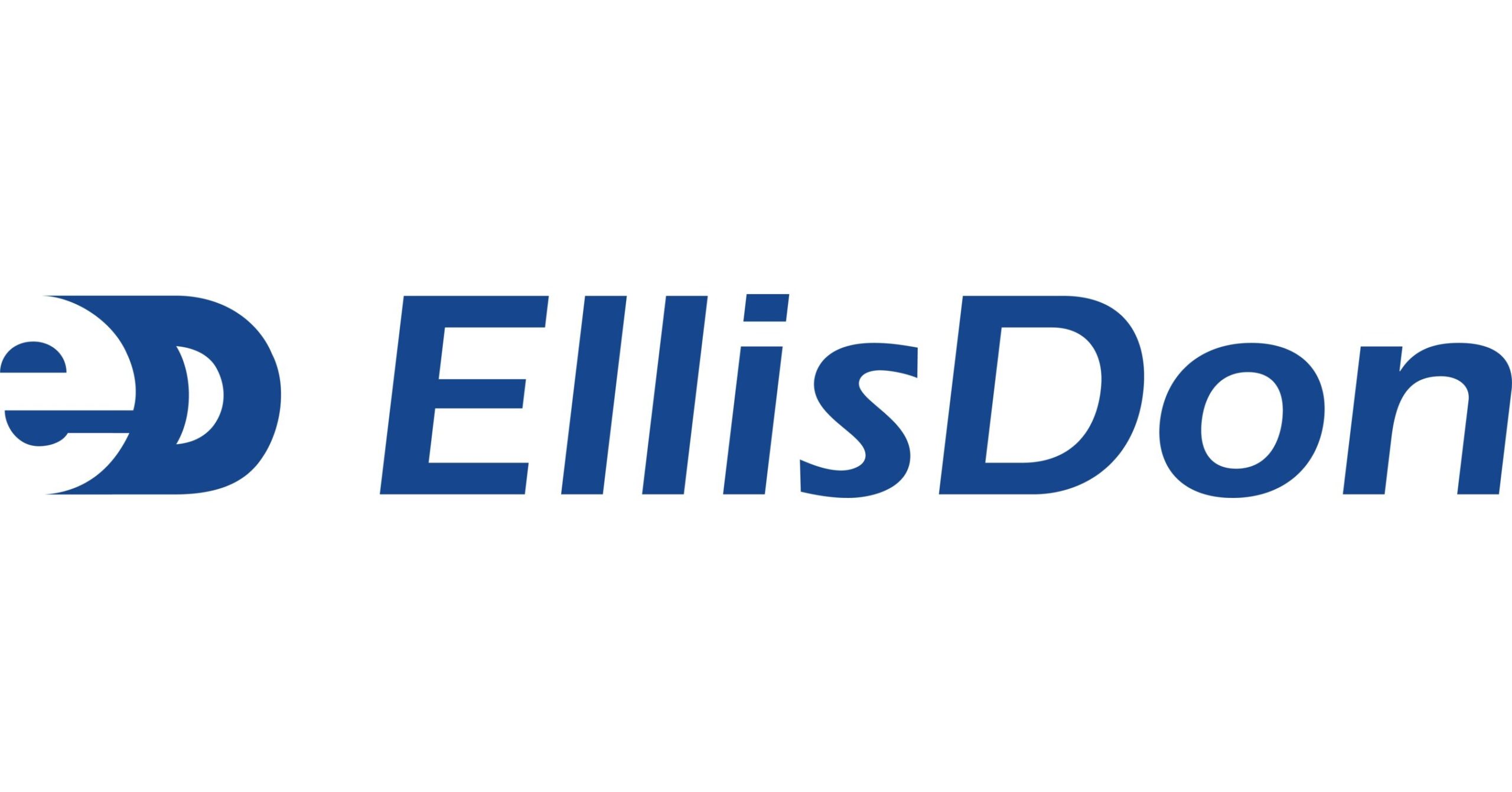






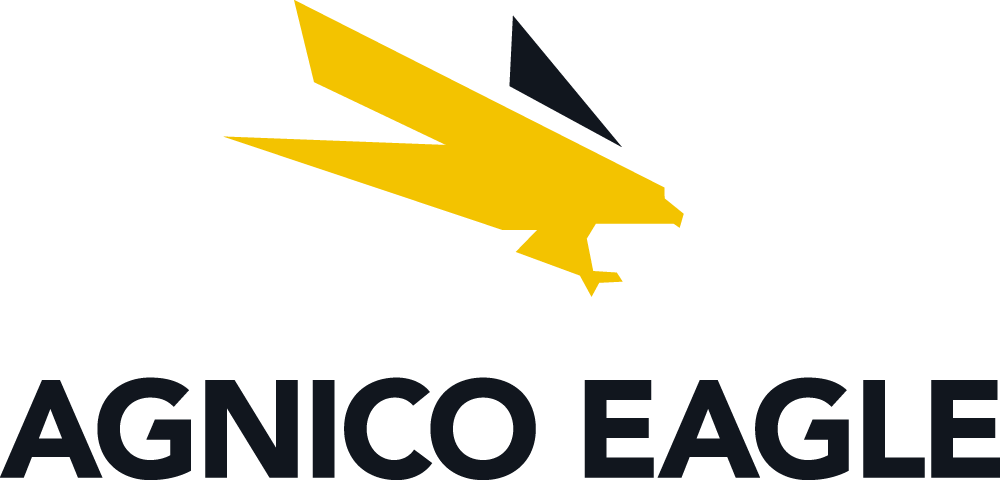

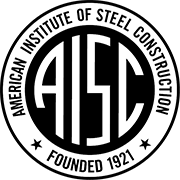

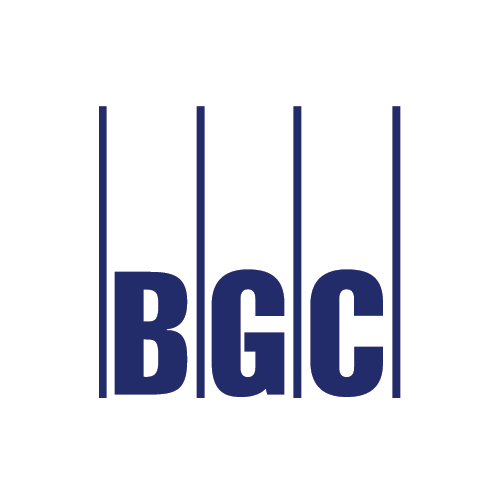
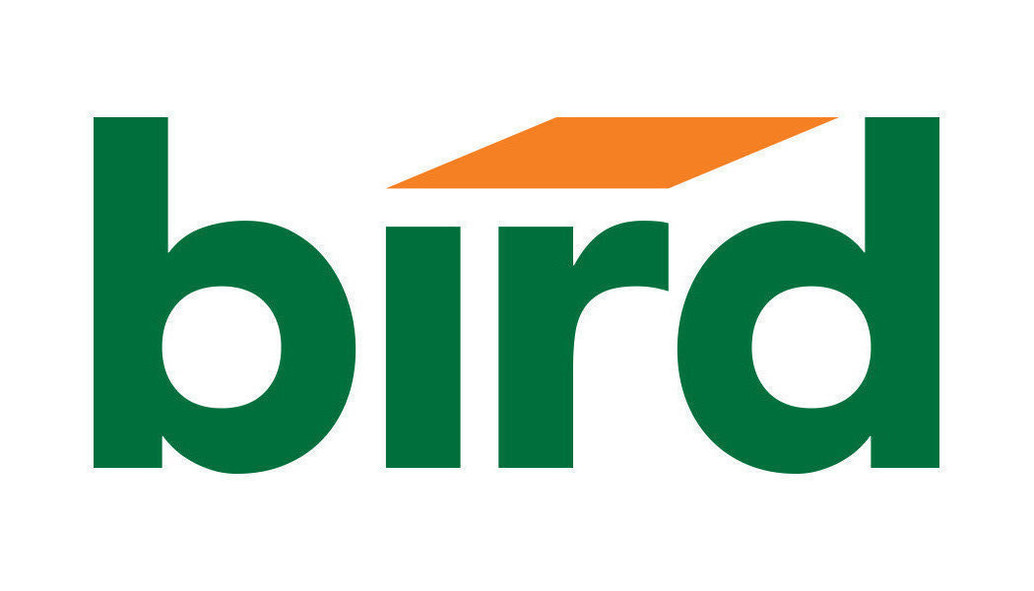





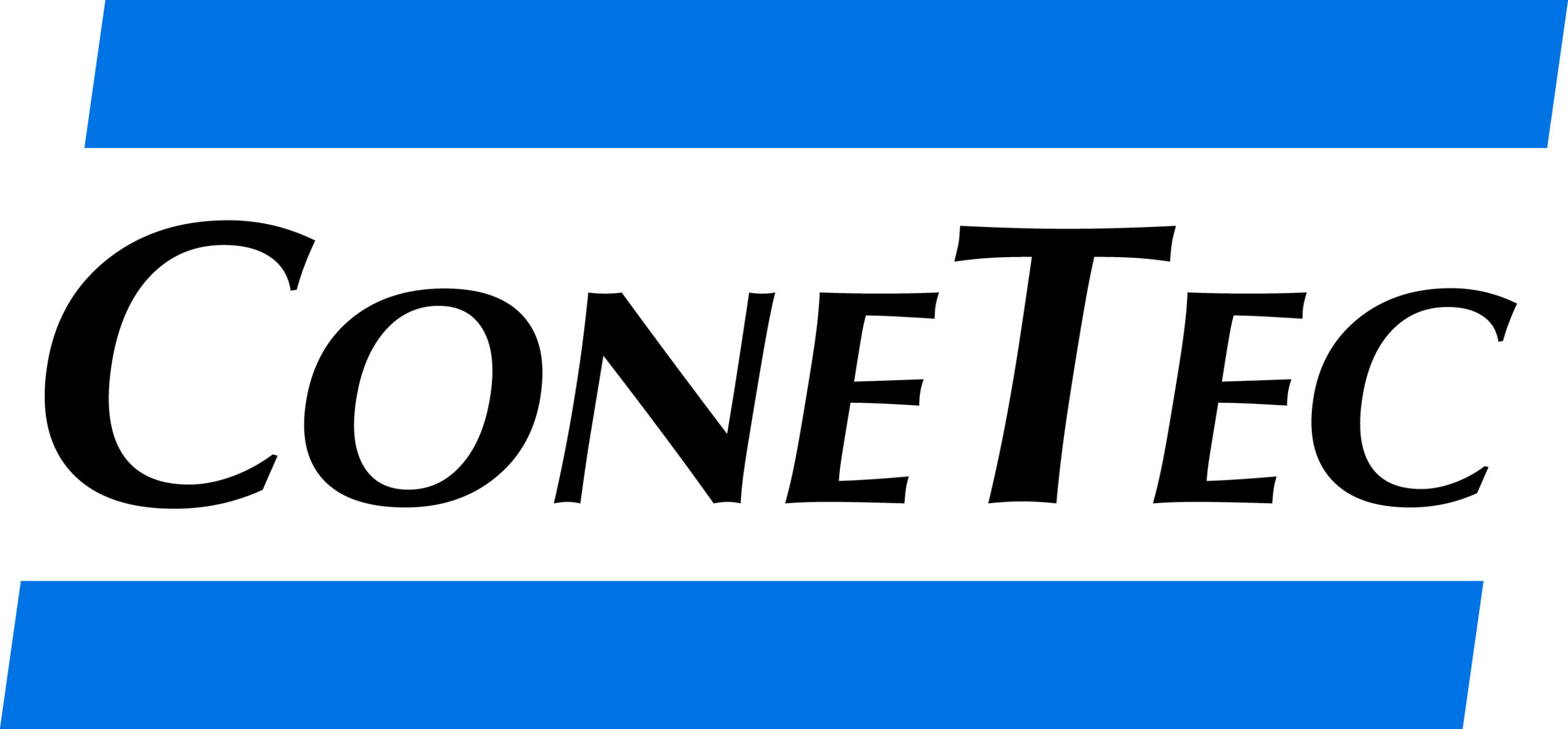





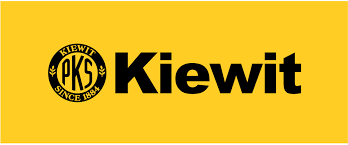


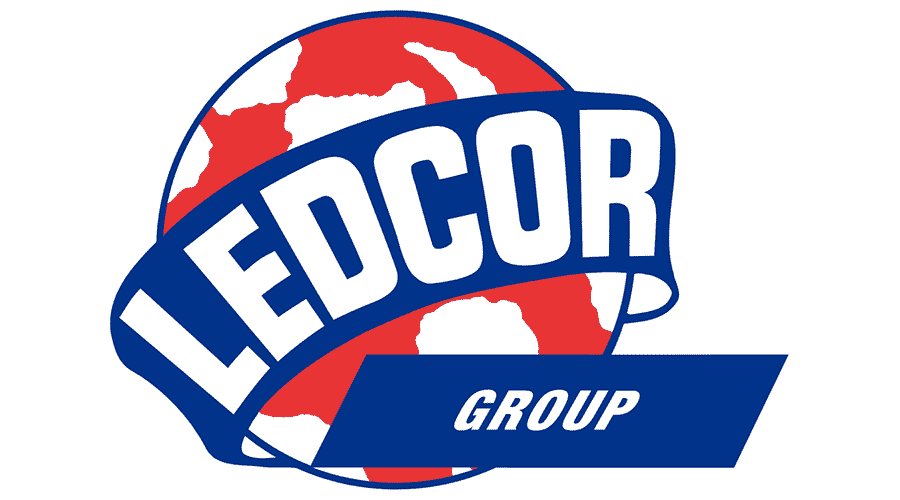
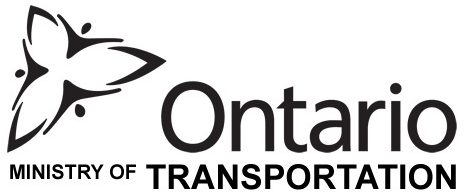

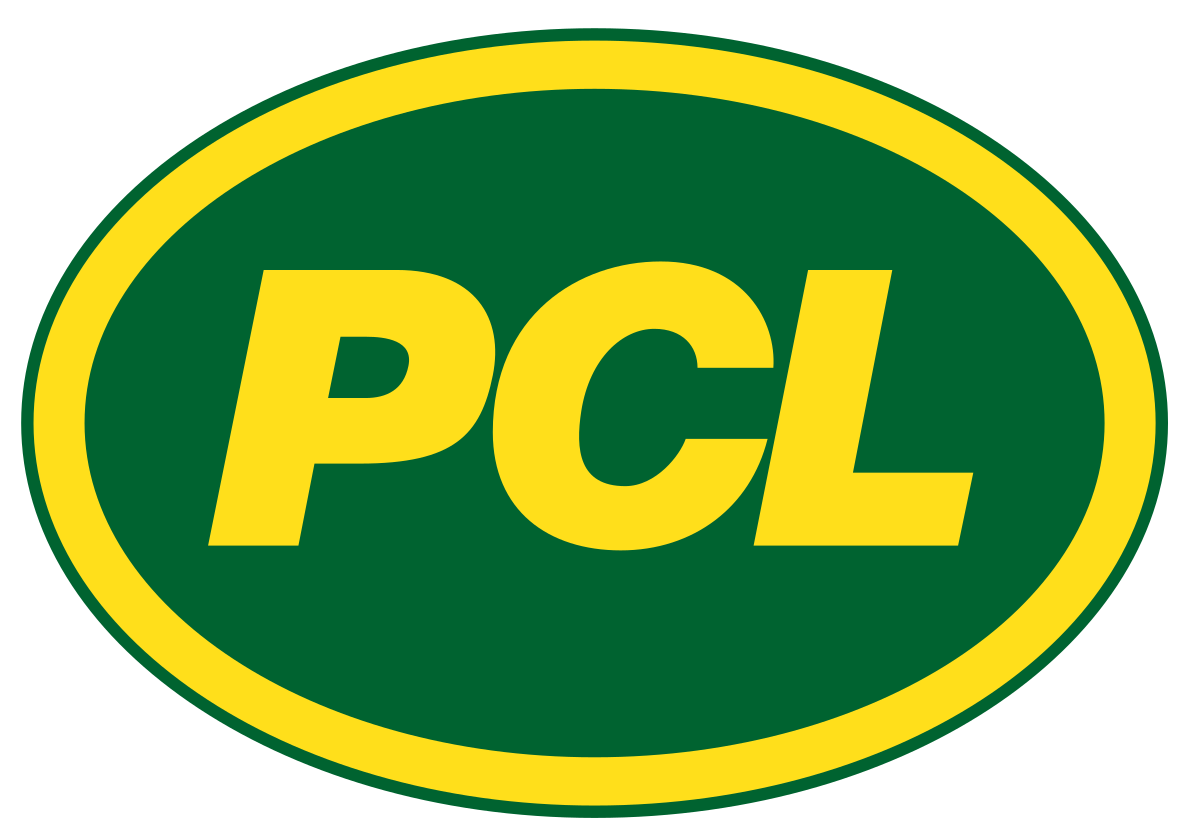

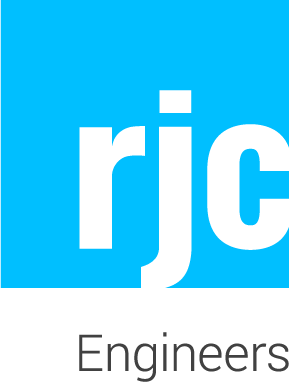
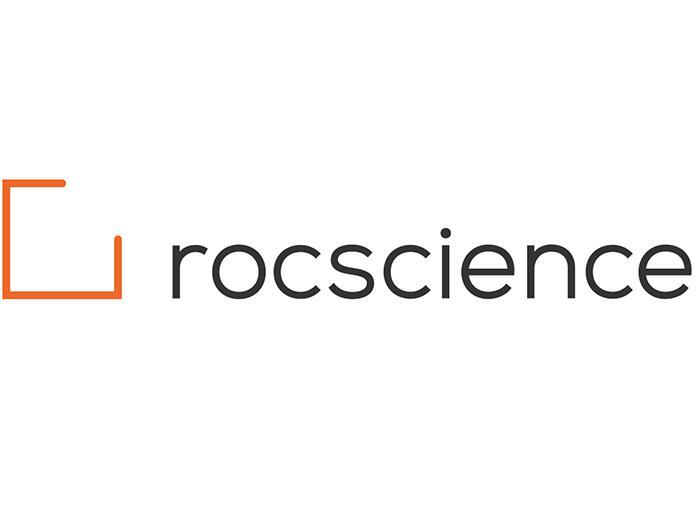

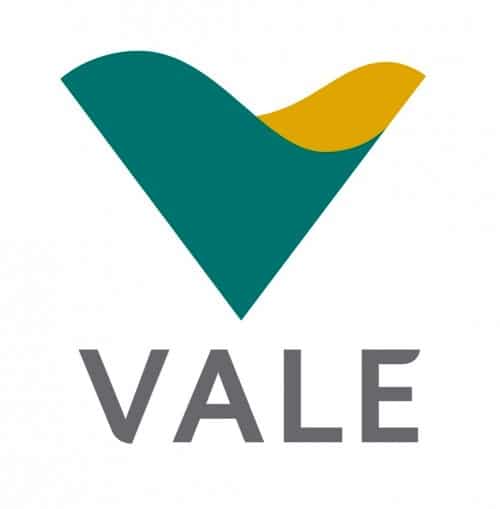
An MEng degree from U of T places you at the centre of an immense and invaluable alumni network. Combined with our strong industry connections and esteemed reputation, a CivMin MEng offers you almost infinite opportunities for support, professional growth and advancement throughout your career.
Graduates of the MEng who have specialized in Concrete engineering have successfully advanced to positions at leading organizations such as La Farge, EllisDon, PCL Construction, Bird Construction, MTO, and Canadian Nuclear Laboratories. The diverse skill set and hands-on experience gained from our program prepares graduates to excel in roles such as project management, construction planning, site supervision, and consultancy. With a solid foundation in both the technical and managerial aspects of concrete construction, our graduates are highly sought after for their ability to navigate the complexities of large-scale projects, drive innovation, and lead teams effectively.
Potential Career Pathways
A specialist in concrete technology serves as an expert in the sub-discipline of cements, cementitious materials, concrete products and concrete elements and structures. The roles can span the design of reinforced, prestressed and precast concrete structures, fabrication of concrete elements and sub-structures, mix design, composites, site supervision and testing. The application may be for new structures or the repair/rehabilitation of existing structures.
Suggested pathway to prepare for a career as a concrete specialist: CIV514H, CIV517H, CIV1164H, CIV1169H, CIV1171H, CIV1201H, CIV1250H, CIV1251H, CIV1252H, CIV1260H, CIV1262H, CIV1504H.

Discover other complementary Emphases to
boost your Master of Engineering experience
